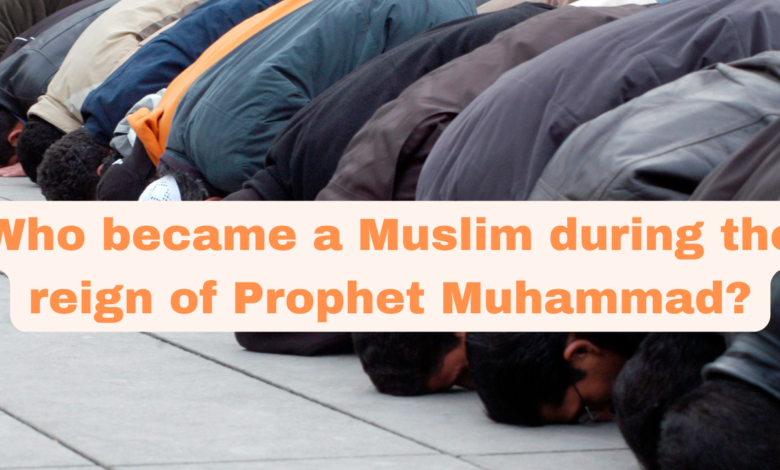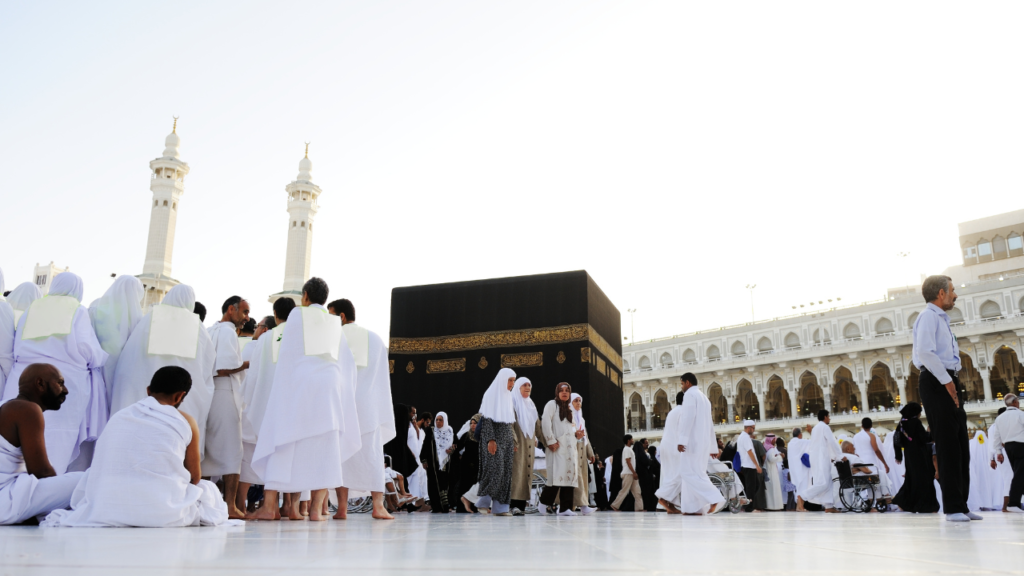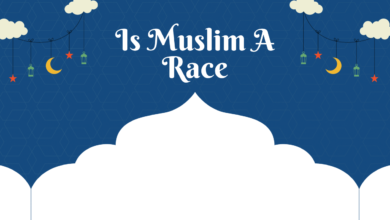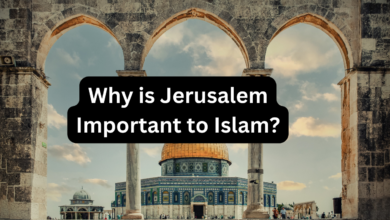Who became a Muslim during the reign of Prophet Muhammad?
Notable Figures Who Embraced Islam's Message

Who became a Muslim during the reign of Prophet Muhammad?
Khadijah bint Khuwaylid, the beloved wife of Prophet Muhammad, was among the first individuals to embrace Islam during his prophethood.

Introduction-Who became a Muslim during the reign of Prophet Muhammad?
The advent of Islam and the prophethood of Muhammad in 610 CE marked a transformative period in the history of Arabia. As the last and final prophet of Islam, Muhammad’s mission was to call people to the worship of one God, Allah, and to guide them towards a righteous way of life. During his time, many individuals from diverse backgrounds embraced Islam, drawn to its message of monotheism, equality, and social justice. This article explores some of the notable figures who converted to Islam during the reign of Prophet Muhammad.
Khadijah bint Khuwaylid
One of the first and most significant converts to Islam was Khadijah bint Khuwaylid, the beloved wife of Prophet Muhammad. Khadijah was a successful businesswoman known for her integrity and kindness. She was among the earliest believers, providing unwavering support to the Prophet during the initial years of his prophethood. Her conversion played a crucial role in strengthening the nascent Muslim community.
Also check.
- What was the first battle that Prophet Muhammad fought?
- Which of his children did Prophet Muhammad love the most?
- What Is Islamism
- Are Bitmoji haram in Islam? why? Guide 2023
Abu Bakr al-Siddiq
Abu Bakr al-Siddiq, a close friend and companion of Prophet Muhammad, was another prominent convert to Islam. He was known for his honesty and piety. Abu Bakr’s conversion was a pivotal moment in the early days of Islam, as he was among the first to accept the message of the Prophet. He later became the first caliph (leader) of the Muslim community after Muhammad’s death.
Ali ibn Abi Talib
Ali ibn Abi Talib, a cousin and son-in-law of Prophet Muhammad, converted to Islam at a young age. His unwavering faith and loyalty to the Prophet earned him a special place in Islamic history. Ali would go on to become the fourth caliph and play a central role in the early development of Islamic jurisprudence and theology.
Uthman ibn Affan
Uthman ibn Affan, another close companion of the Prophet, accepted Islam during its early years. He was known for his generosity and was often referred to as “Dhun-Nurayn” (the possessor of two lights) because he married two of the Prophet’s daughters, first Ruqayyah and then Umm Kulthum. Uthman would later become the third caliph of Islam.
Bilal ibn Rabah
Bilal ibn Rabah was an Ethiopian slave who converted to Islam and became one of the most renowned figures in early Islamic history. He was known for his unwavering faith and his melodious voice, which he used to call Muslims to prayer. Bilal’s story serves as a testament to the inclusivity and anti-racist message of Islam.
Umar ibn al-Khattab
Umar ibn al-Khattab, known for his strength and fierce determination, was initially a staunch opponent of Islam. However, his heart was transformed when he read verses from the Quran and eventually converted to Islam. Umar’s conversion was a turning point, as he would later become the second caliph of Islam and play a vital role in its expansion.
Conclusion
The conversion of these and many other individuals during the reign of Prophet Muhammad highlights the universal appeal of Islam’s message. People from diverse backgrounds, including both men and women, slaves, and free individuals, embraced Islam because of its emphasis on monotheism, justice, and equality. These early converts played pivotal roles in the spread and establishment of Islam as a global faith, shaping its history and values for generations to come. Their stories serve as a reminder of the enduring impact of faith and conviction in the face of adversity.
FAQs-Who became a Muslim during the reign of Prophet Muhammad?
Who was the first person to convert to Islam during the time of Prophet Muhammad?
Khadijah bint Khuwaylid, the beloved wife of Prophet Muhammad, was among the first individuals to embrace Islam during his prophethood.
Which prominent companion of the Prophet was known as “Dhun-Nurayn”?
Uthman ibn Affan, a close companion of the Prophet, earned the nickname “Dhun-Nurayn” because he married two of the Prophet’s daughters, Ruqayyah and Umm Kulthum.
What was the significance of Bilal ibn Rabah in early Islamic history?
Bilal ibn Rabah, an Ethiopian slave, is renowned for his unwavering faith and melodious voice, which he used to call Muslims to prayer. His story symbolizes the inclusivity and anti-racist message of Islam.
Who initially opposed Islam but later became one of its most prominent figures?
Umar ibn al-Khattab, known for his strength and determination, was initially a staunch opponent of Islam but later converted to the faith and became the second caliph of Islam
How did these early converts contribute to the spread of Islam?
Early converts like Abu Bakr, Ali, Uthman, and others played pivotal roles in the establishment and expansion of Islam. They served as leaders, scholars, and examples of unwavering faith, helping to shape the history and values of Islam.
What common themes drew these individuals to Islam during Prophet Muhammad’s time?
Many early converts were drawn to Islam’s message of monotheism, social justice, equality, and the call to worship one God, Allah. The message’s universality appealed to people from diverse backgrounds and walks of life.




